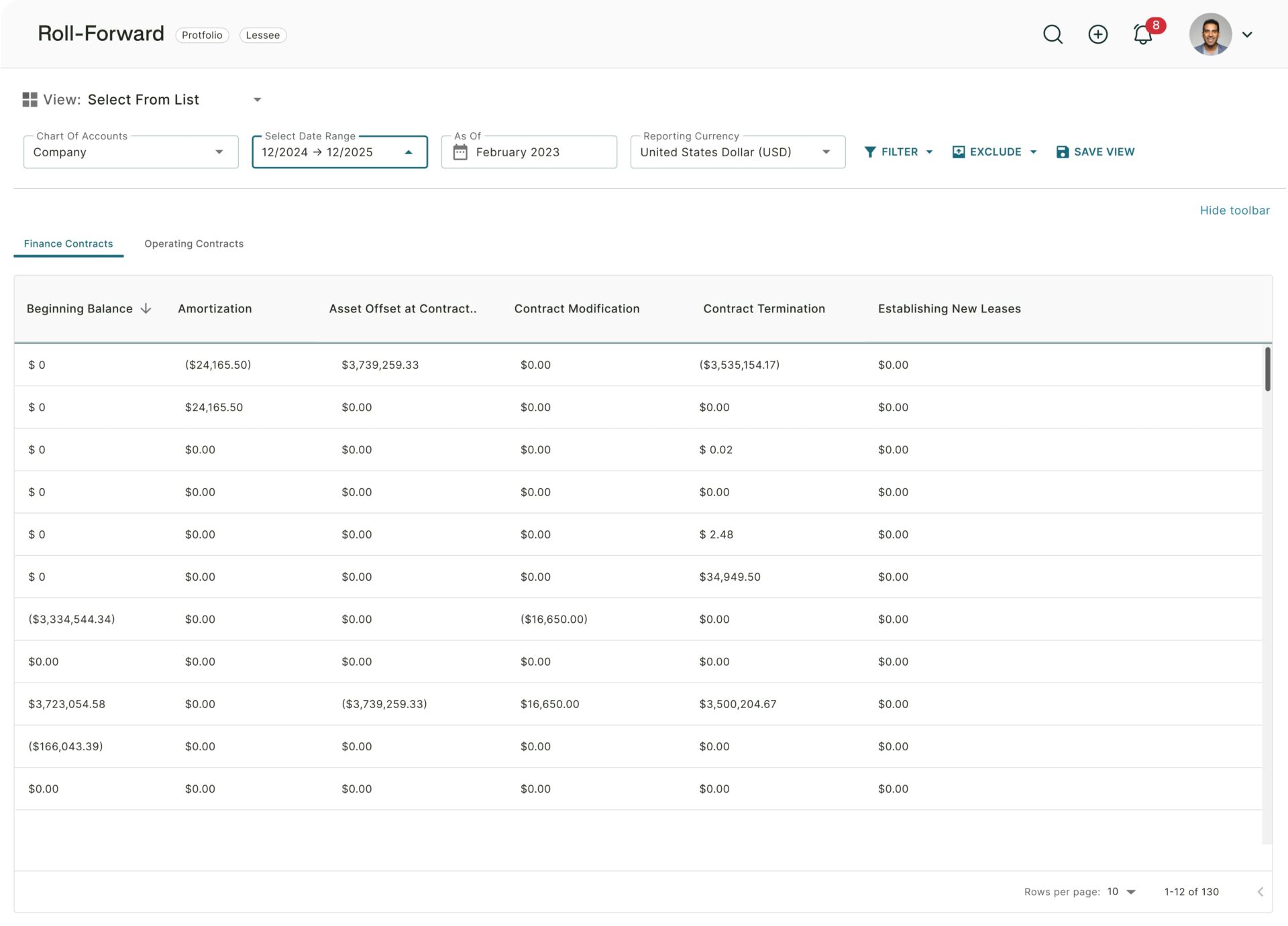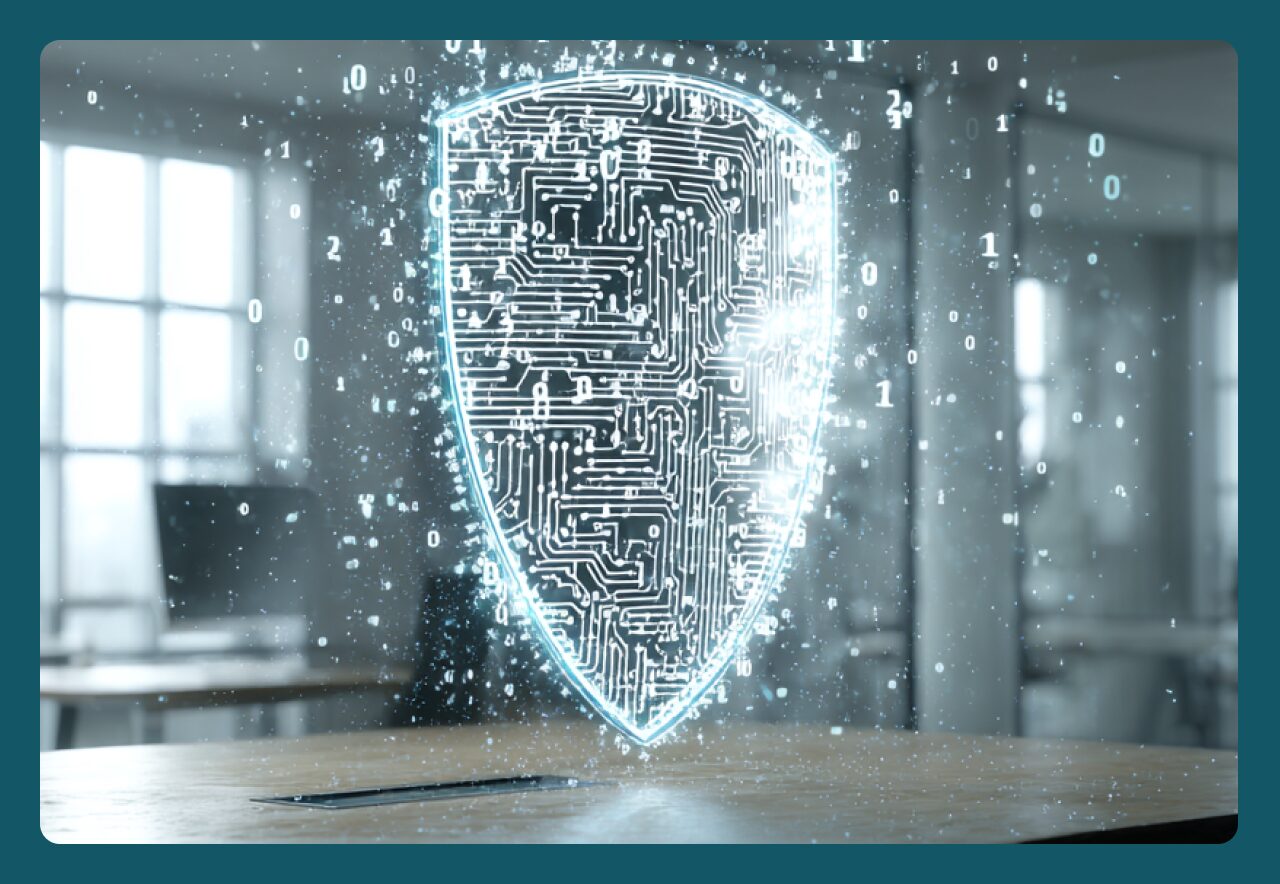AI is transforming how accounting and audit teams work — from automating manual testing to streamlining disclosure reviews. As AI adoption accelerates, questions about data security, compliance, and trust have become mission-critical for enterprise teams.
At Trullion, trust is central to how we build and deliver our solutions. Here are some of the most common questions we hear from clients about AI and data security, and our answers.
1. Who can see our data, and where does that data go?
This is often the first question we hear — and for good reason.
Only AI sees your data in context. All user data is processed securely within Trullion’s environment, and no external parties have access to it. AI processing is stateless, meaning your data isn’t used to train, change, or modify AI models in any way.
Within Trullion, access to client data processed by AI is strictly limited to authorized personnel for support, troubleshooting, and model monitoring. Specifically:
- Only senior members of our development team can access user workspaces to resolve issues, and only for limited periods of time.
- Each access is tracked and monitored to ensure a full audit trail.
In short: No one outside Trullion sees your data. Within Trullion’s secure environment, access is strictly controlled and audited.
2. Could my data get leaked?
We take data security seriously. Here’s how we protect it:
- No training on your data. Trullion does not train any AI models on client data. No matter how often you use Trullion’s AI features, your data stays private and belongs only to you.
- Ephemeral processing. AI processes your data in real time to generate outputs (e.g. extracting a lease term or summarizing a disclosure), but doesn’t store or remember that data. Nothing is retained within the AI after it’s done completing your request.
- SOC II compliance. Our infrastructure and processes adhere to SOC II standards — ensuring strong security, availability, and confidentiality controls.
- Strictly scoped inputs. AI only sees data you provide within Trullion. It can’t infer or access anything beyond that.
In short: Your data remains private, isolated, and secure — processed only to assist your work, never to train AI models.
3. Could using AI cause compliance issues for my organization?
We hear this often from audit and accounting leaders.
Trullion’s AI is designed to support your workflows, not replace professional judgment. Here’s how we help you stay compliant:
- Your team always stays in control. AI suggestions are subject to review, editing, and approval before any finalization.
- Every action is audit-ready and fully logged. All changes are automatically tracked – providing a clear, traceable review trail for compliance.
- Governance is built directly into your workflows. Trullion embeds review and oversight aligned with AICPA Trust Services Criteria and other enterprise governance frameworks.
Rather than creating risk, Trullion helps reduce it – by automating documentation, enhancing accuracy, and improving audit readiness.
4. How can we trust the AI outputs?
AI is powerful, but like any tool, it isn’t perfect. That’s why we design every workflow with practitioner oversight in mind.
All AI proposals in Trullion are reviewed, edited, and approved by your team before being finalized. The goal is to reduce manual work, while still ensuring that expert judgment remains at the core of your decisions.
It’s like having an extra set of hands to do the heavy lifting — but the judgment call is still yours.
Balancing AI innovation with enterprise-grade security
We prioritize AI innovation alongside safeguards and governance. That includes enterprise-grade security, reliability, and compliance:
- Responsible AI use. AI supports — not replaces — your professional expertise.
- Explainability. You clearly see how AI arrives at outputs.
- Oversight. Embedded controls ensure decisions remain guided by professional judgment.
- Security by design. Our architecture follows zero-trust principles, least-privilege access, and continuous monitoring.
AI isn’t about replacing jobs. It’s about removing the bottlenecks that slow teams down. If you want to discuss AI and data security in more detail, our team is always here to help. Talk to our experts.





